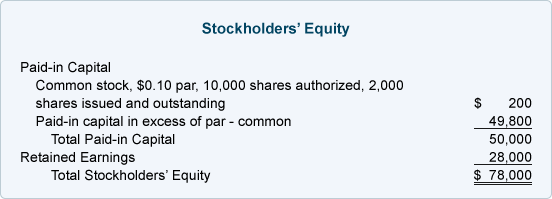
From the desktop suite, you can set custom rules for categorizing all expenses. You can add billable expenses to the invoices you send clients via mobile or desktop. Xero is also ideal if you’re seeking accounting software that grows with you.
Tax Support
In this article, we compare their core features, pricing and pros and cons to help you decide which one is the right accounting software for your company. Has robust reporting tools and report customization options, invoicing for an unlimited amount of clients, inventory tracking in higher tier plans, plus a capable mobile app. Robust feature set includes thorough record-keeping, comprehensive reporting, how to adjust an entry for unearned revenue chron com excellent invoicing and inventory management, plus a capable mobile app.
Both Xero and QuickBooks Online include invoicing, but there are a few reasons why QBO has the edge. Xero’s Growing and Established plans have unlimited invoicing, while the Early plan caps users at 20 invoices per month. QuickBooks Online also has advanced accounting features you won’t find with some of its competitors. However, unlike Xero, the software is quite intuitive and easy to use — even beginners with no prior accounting experience can master the software quite easily.
Once your bookkeeper receives all the necessary documentation, they’ll typically complete your cleanup within 30 days. In some cases, your cleanup may take longer depending on timeliness of documentation and the complexity of your books. QuickBooks has a wide network of banking partners, making it easy to securely import your bank feeds from a variety of banks and credit card companies. This seamless integration saves time, ensures accuracy, and eliminates manual errors. QuickBooks’ user-friendly interface makes navigating your finances a breeze, even if you’re not an accounting expert.

Both accounting software products let users invite their accountants by email. If you’re located in the United States, though, there’s a better chance your accountant is familiar with QuickBooks Online than Xero. QuickBooks Online is an industry standard with more than 5 million users worldwide. If you count QuickBooks Desktop users, that number rises to 8 million. With more than 3 million users worldwide, Xero is popular but not as ubiquitous as QuickBooks Online.
QuickBooks also includes impressive unique accounting tools, including adding outstanding balance amounts to client payment reminders. You can also automatically record and match customer payments, accept tips via invoices, and split estimates into several invoices. We like that the latter feature, which isn’t common in accounting software, boosts cash flow for businesses operating on estimates. Xero is cloud-based accounting software designed for small-to-medium-sized businesses. Its features include invoicing, bank reconciliation, expense tracking, and reporting.
Ease of Setup: QuickBooks Online Wins
- We consider both QuickBooks and Xero to be among the best invoicing software for small business., with both services earning a 5/5 point score overall in our research’s bookkeeping category.
- For $60/month you get all of the Growing features plus multi-currency functionality, expenses (to capture and manage claims), and projects (to track project time and costs).
- Xero’s support and learning portal, Xero Central, offers access to a searchable database categorized by topics like ‘Inventory’ or ‘Reporting and Tracking,’ among others.
- For companies needing a payroll function for their employees, Xero offers add-on integrations for an additional cost.
That said, the fact that you can only get lower pricing without a trial really frustrated us. We collaborate with business-to-business vendors, connecting them with indirect expenses meaning examples potential buyers. In some cases, we earn commissions when sales are made through our referrals. These financial relationships support our content but do not dictate our recommendations.
Small Business Bundle
For the full feature set, you’ll need Xero’s top plan (Established). For $60/month you get all of the Growing features plus multi-currency functionality, expenses (to capture and manage claims), and projects (to track project time and costs). QuickBooks is Intuit’s general accounting software, while QuickBooks Online (QBO) is specifically the cloud-based service. For QBO, you pay a monthly subscription rather than an upfront fee, and you get all the patches and software updates from Intuit.
If you need comprehensive bank reconciliation, class and location tracking, good customer support, and easy access to local bookkeepers, then QuickBooks Online wins. The main limitation of QBO’s Essentials is access for only one user. QuickBooks Online, the market-leading accounting software from Intuit, offers “Smarter how to calculate net sales business tools for the world’s hardest workers”. Xero is cloud-based accounting software that supports cash-basis and accrual accounting.
Other factors considered are user reviews specific to ease of use and a subjective evaluation by our experts of both the UI and general ease of use. While both are very similar, these two products have exclusive benefits that set them apart. This guide will explore the key differences and declare our respective winners in each category. QuickBooks and Xero both have excellent dashboards that give you an easy glimpse of all of your main business metrics after logging in.